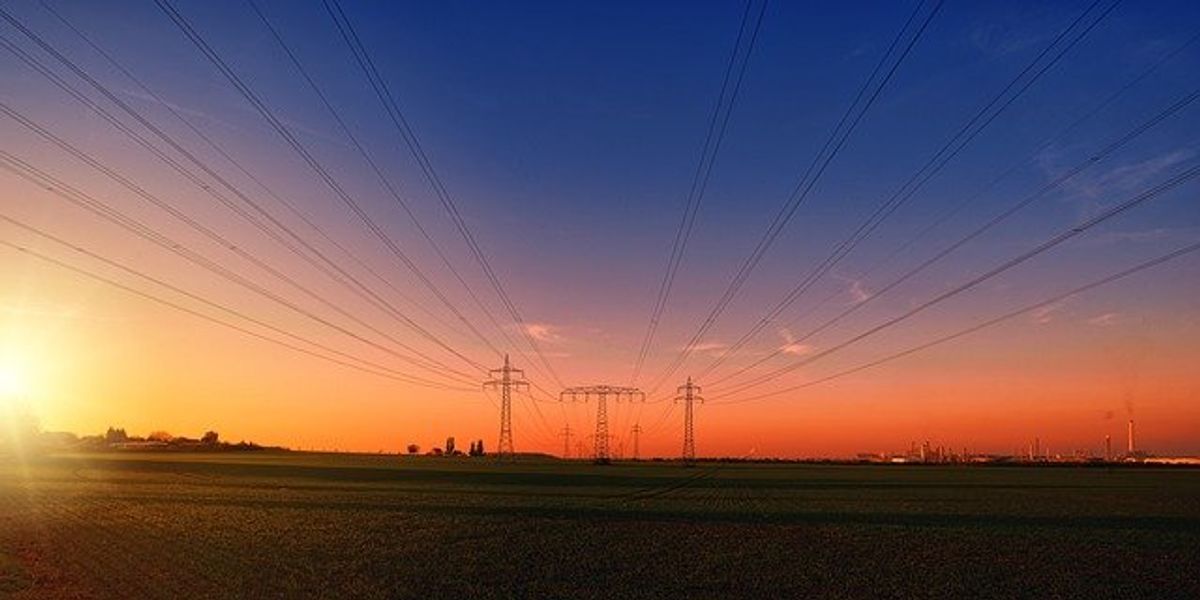
Greg Grandin: Renaming the Gulf of Mexico while oil drilling and pollution surge
Donald Trump’s push to rename the Gulf of Mexico as the "Gulf of America" draws attention away from decades of offshore drilling, pollution and environmental devastation affecting marine life and coastal communities.
Greg Grandin writes for The Guardian.
In short:
- The Gulf of Mexico has endured extensive oil drilling, fracking and petrochemical pollution, with toxic waste and oil spills threatening marine life and local fisheries.
- Coastal communities in Louisiana, Texas and Mississippi suffer from high cancer rates, respiratory issues and environmental degradation, particularly in "Cancer Alley," home to numerous refineries and plastics factories.
- The Trump administration seeks to expand offshore drilling and petrochemical infrastructure while weakening environmental regulations and oversight.
Key quote:
"We actually haven’t found one oil-free fish yet."
— Steven Murawski, marine biologist, University of South Florida
Why this matters:
The Gulf of Mexico is a lifeline for millions, sustaining vital fisheries, fueling coastal economies and providing habitat for a stunning array of marine life. But this vast body of water, bordered by the United States, Mexico and Cuba, is under growing pressure. Pollution — from agricultural runoff, industrial waste and oil spills — continues to degrade water quality, threatening both biodiversity and public health. Climate change is raising ocean temperatures and intensifying storms, further stressing fragile ecosystems and the communities that rely on them.
Read more: Farm to Trouble series: Farming practices contribute to persistent Gulf of Mexico "dead zone"














